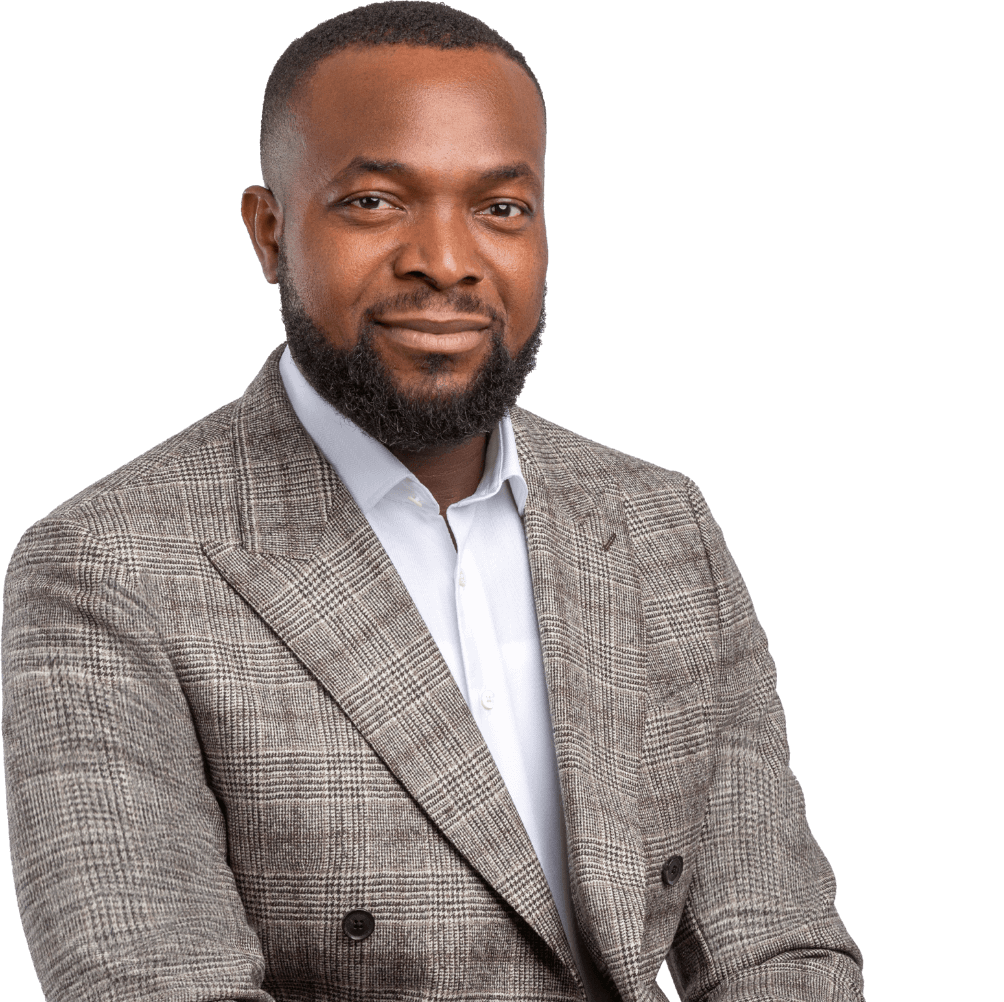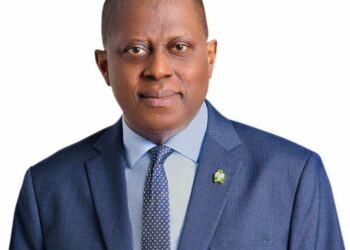Nigerian banks and telecom operators are considering adopting a unified error-handling protocol to curb persistent failures in USSD transactions, findings by NATIONAL ECONOMY have shown. However, experts cautioned that technical fixes alone may not resolve the deeper revenue standoff threatening the country’s decade-long gains in financial inclusion.
The potential alignment on transaction processing comes as both sides face mounting pressure over failed transactions and unresolved debts that have weakened user confidence in USSD — a platform millions of Nigerians rely on for daily banking, particularly in low-income and underserved areas with limited internet access.
“If both parties adopt a common error-handling framework, it could reduce transaction failures and help restore trust,” said Dr. Felix Echekoba, financial economist at Nnamdi Azikiwe University. “But unless the bigger issue of who pays for USSD is resolved, financial inclusion will remain at risk.”
Zakari Mohammed, a financial economist at Auchi Polytechnic, warned that any technical solution must be backed by sustainable pricing models that safeguard national financial inclusion goals. “USSD isn’t optional — it’s the backbone for millions entering formal finance. Letting it fail would be a major policy failure,” he said.
At the heart of the dispute are claims by telecom operators that Nigerian banks owe over N250 billion in accumulated USSD fees as of December 2024. MTN Nigeria reported that banks had paid only ₦32 billion of the N74 billion owed to it by early 2025, leaving a N42 billion gap. The prolonged deadlock has triggered repeated threats of service disruptions and affected millions of transactions nationwide.
Data from the Central Bank of Nigeria (CBN) show that Nigerians carried out 252.06 million USSD transactions valued at N2.19 trillion in the first half of 2024 alone, underscoring the platform’s importance as a financial lifeline for millions without internet-enabled devices.
Regulatory intervention last December sought to ease tensions. In a joint circular, the CBN and Nigerian Communications Commission (NCC) directed banks to settle 85 per cent of post-API debts accumulated since February 2022 by December 31, 2024, and 60 per cent of pre-API debts by July 2, 2025. Yet, long-term pricing, debt recovery and cost-sharing mechanisms remain unresolved.
Without a lasting compromise, experts warned the sector risks eroding more than a decade of financial inclusion progress that has seen access to formal financial services grow from 42 per cent in 2013 to 64.1 per cent by 2024, according to EFInA.
Dr. Emeka Okengwu, chief executive of AntHill Concepts Ltd and a member of NATIONAL ECONOMY Board of Economists, said federal intervention may ultimately be required to break the impasse. “The government has to do what it did in the power sector: bring everyone to the table and find a workable legal and financial framework,” he said. “Otherwise, ordinary Nigerians will continue to bear these costs.”
Okengwu emphasised that, as the operator of key regulatory agencies like the Securities and Exchange Commission (SEC) and the CBN, the federal government possesses the legal authority to convene both parties and mediate a settlement. “This dispute is about revenue for government, fintechs, and banks. It’s the duty of the regulator to bring everyone to the table and form a common ground,” he said.
Moses Igbrude, president of the Independent Shareholders Association of Nigeria (ISAN), stressed that any solution must protect vulnerable users. “We need clear regulations that define who carries the cost without punishing the poor,” he said, while also calling for transparent billing structures to eliminate hidden or excessive charges.
As banks and telecoms explore harmonised error-handling protocols, the broader dispute over USSD fees continues to leave the future of financial access for millions of Nigerians hanging in the balance.





